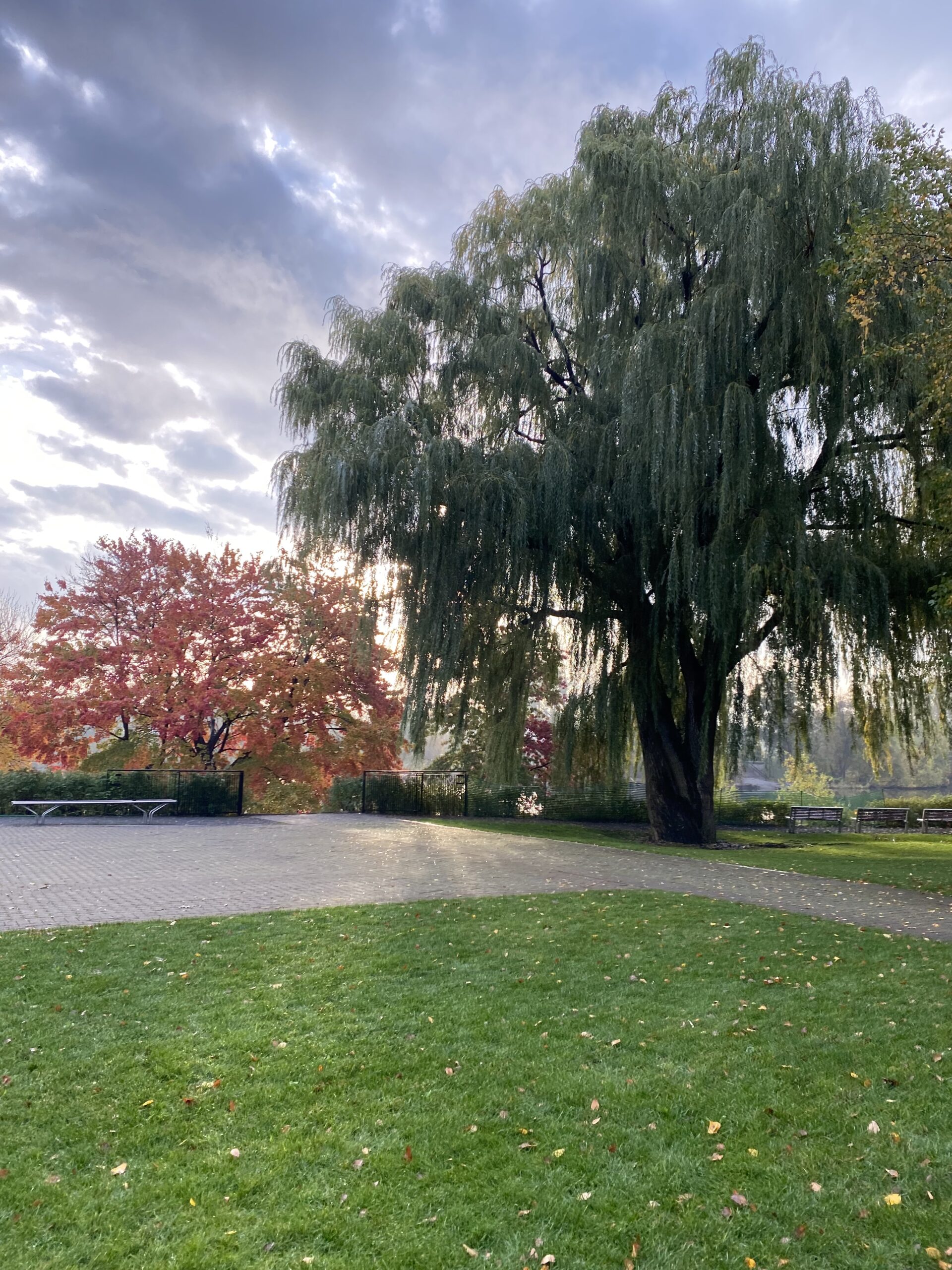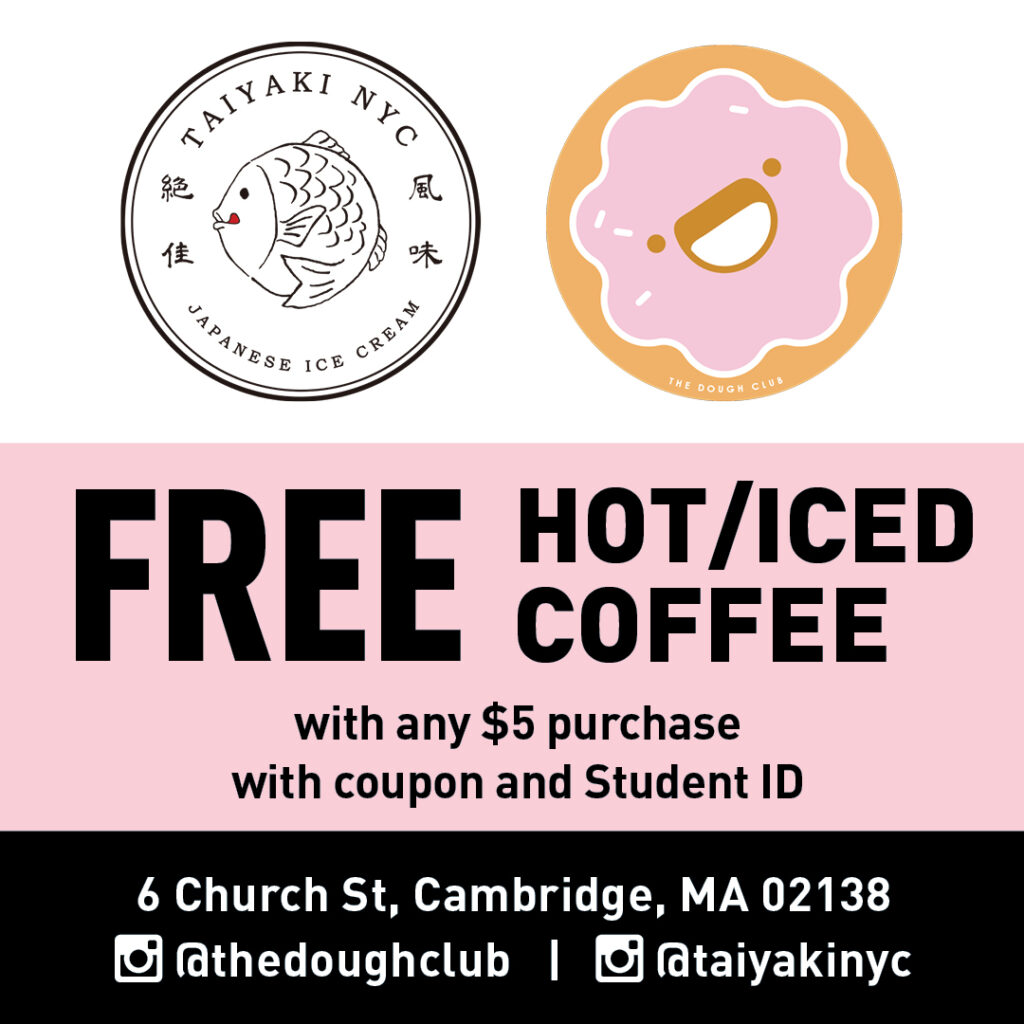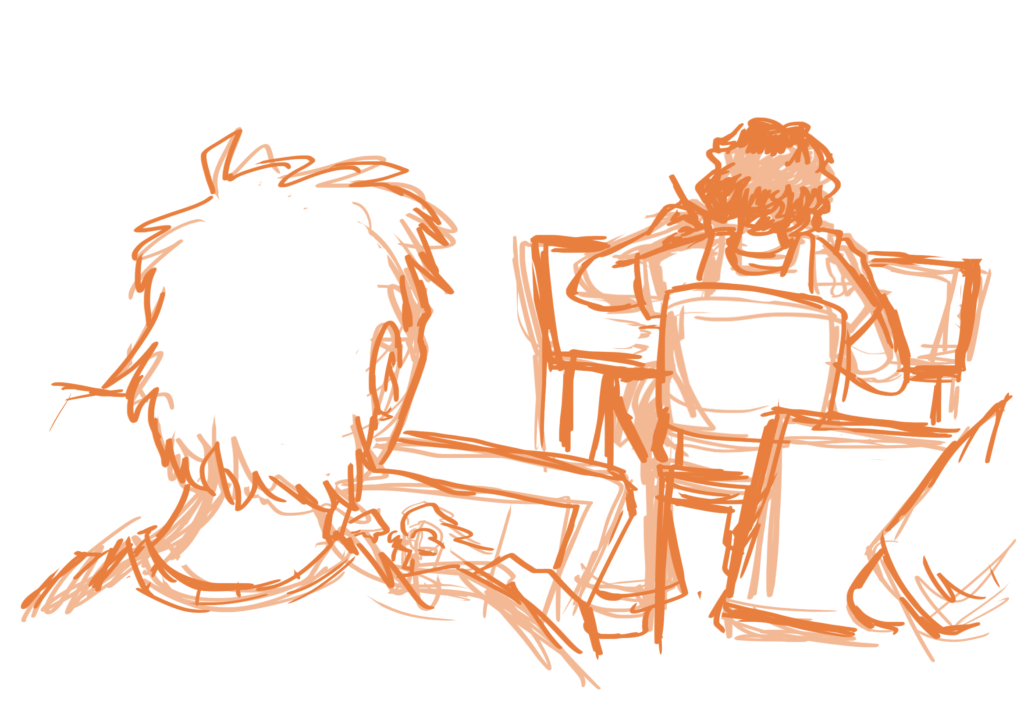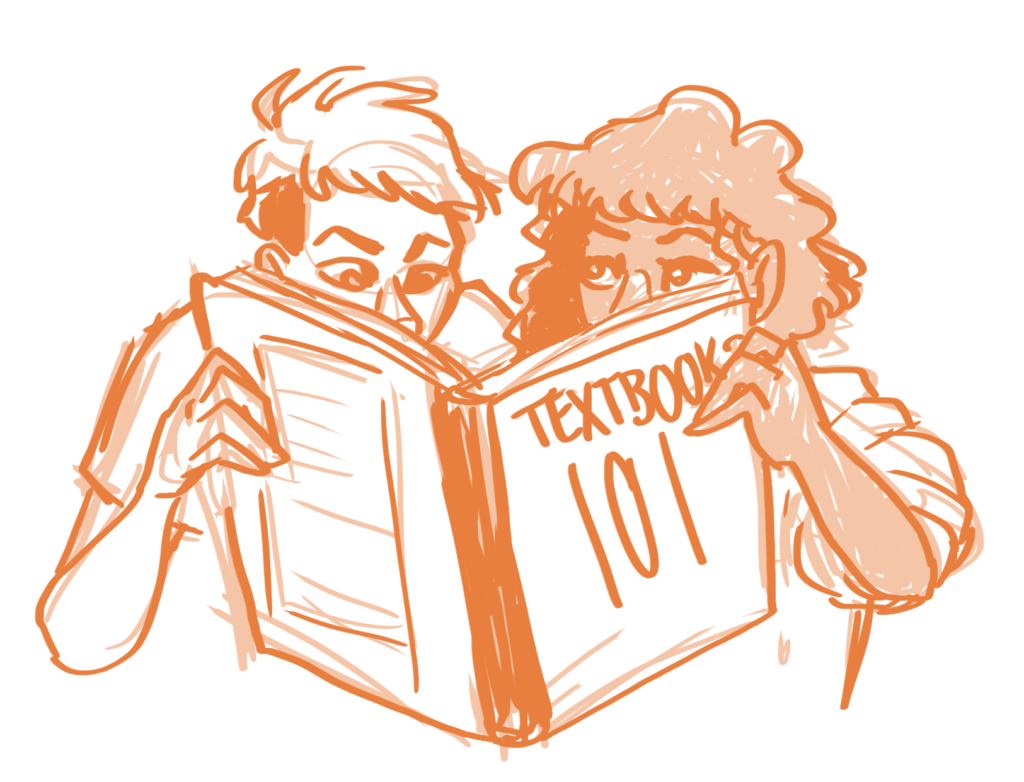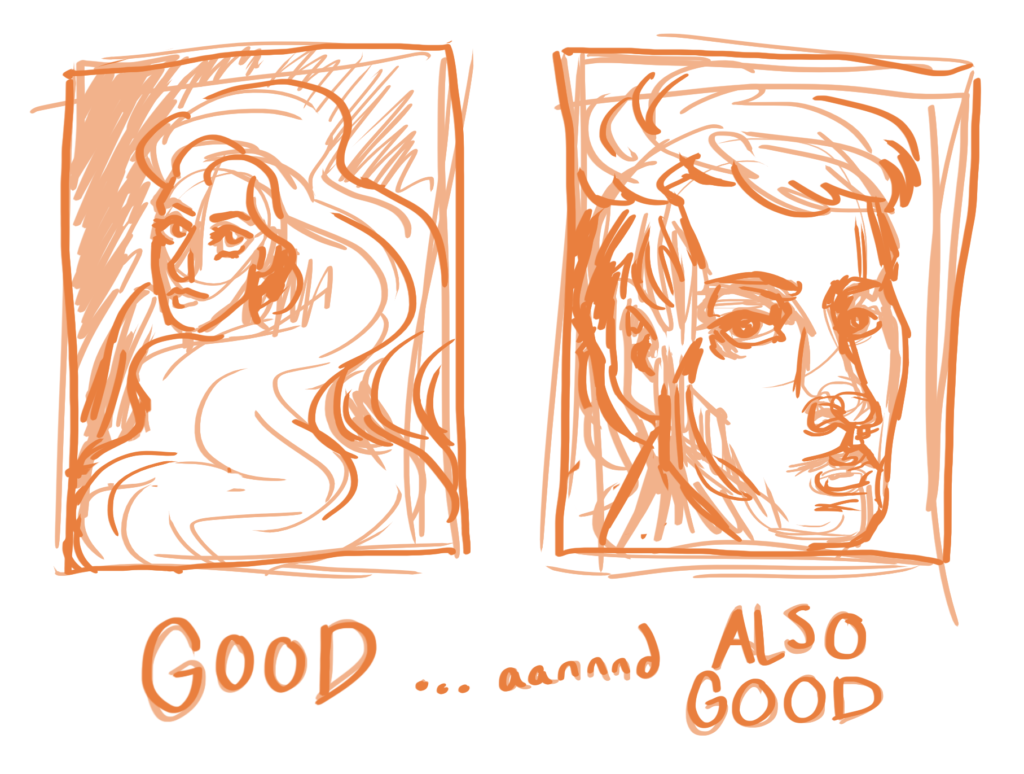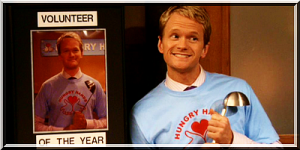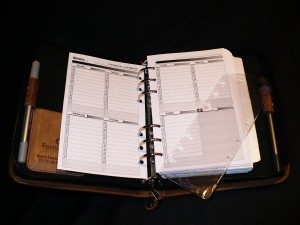DIY, arguably created around the 1970’s, is a community of artists writing, producing, performing, and releasing music made completely independently. It encourages artists to be self-reliant and evokes complete artistic freedom without associating with big labels. A Medium article by the DIY Report cites the ethics of DIY as: “self-sufficiency, personal relationship with fans, and freedom of expression” (https://medium.com/@thediyreport/what-is-diy-music-4093b78c00f0). The idea of DIY is often associated with impromptu shows which are typically held in smaller venues or private homes. It’s well-liked amongst students because of its accessibility and the spontaneity of hosting a show within your own home for small audiences and at a low cost.
I became introduced to DIY music through many of my musician friends, who upon coming to college, sought to find like-minded artists to collaborate with and form bands. DIY was an inexpensive route for student artists to start performing for audiences and try out new styles affordably and conveniently. My involvement with a student-run coffee shop and event space, Rodrigue’s Coffeehouse at Fordham, also contributed to my discovery of DIY. Rodrigue’s Coffeehouse is a club and an on-campus space for Fordham students where they can enjoy a study space with one-dollar coffee during the day, and concerts at night. We hosted concerts and open mics monthly where student performers could showcase their skills. Being a member of this club was my first exposure to DIY music and fostered my love for finding new artists and supporting up-and-coming performers.
Beyond Rodrigue’s, Fordham has a substantial culture surrounding house shows. House shows would be hosted by many different students; my roommates and I would occasionally host some of our own. Typically, a band would play at their own house or approach a friend of theirs with better space and propose a date, time, and charge at the door. Since DIY musicians attempt to procure an accessible artist community, charges for house shows are minimal (less than $15) and costs either go towards furthering the band’s projects or a charitable cause. Particularly, during my spring semester, many house shows decided to make their concerts into fundraisers, donating proceeds to causes such as medical aid in Palestine.

DIY is an enticing community of artists because it thrives on promoting creativity without constraints. It can be a way to find accessible entertainment within your community, discover new artists, or learn more about music culture. Beyond the university setting, DIY is all over New York City. While there are many designated venues for DIY artists, it never hurts to take a chance on a band performing at your local bar or restaurant.

By Georgie Fleming
Georgie Fleming is a recent graduate of Fordham University with a BA in Communications and French and Francophone Studies. While at Fordham, she frequently published articles in a music publication and worked as a barista. She grew up in Newport, Rhode Island. She spends her free time going to the beach, reading, and baking.
For over 20 years, the Campus Clipper has been offering awesome student discounts in NYC, from the East Side to Greenwich Village. Along with inspiration, the company offers students a special coupon booklet and the Official Student Guide, which encourages them to discover new places in the city and save money on food, clothing, and services.
At the Campus Clipper, not only do we help our interns learn new skills, make money, and create wonderful e-books, we give them a platform to teach others. Check our website for more student savings and watch our YouTube video showing off some of New York City’s finest students during the Welcome Week of 2015.











